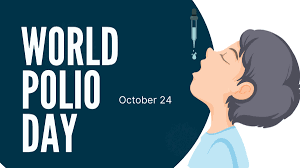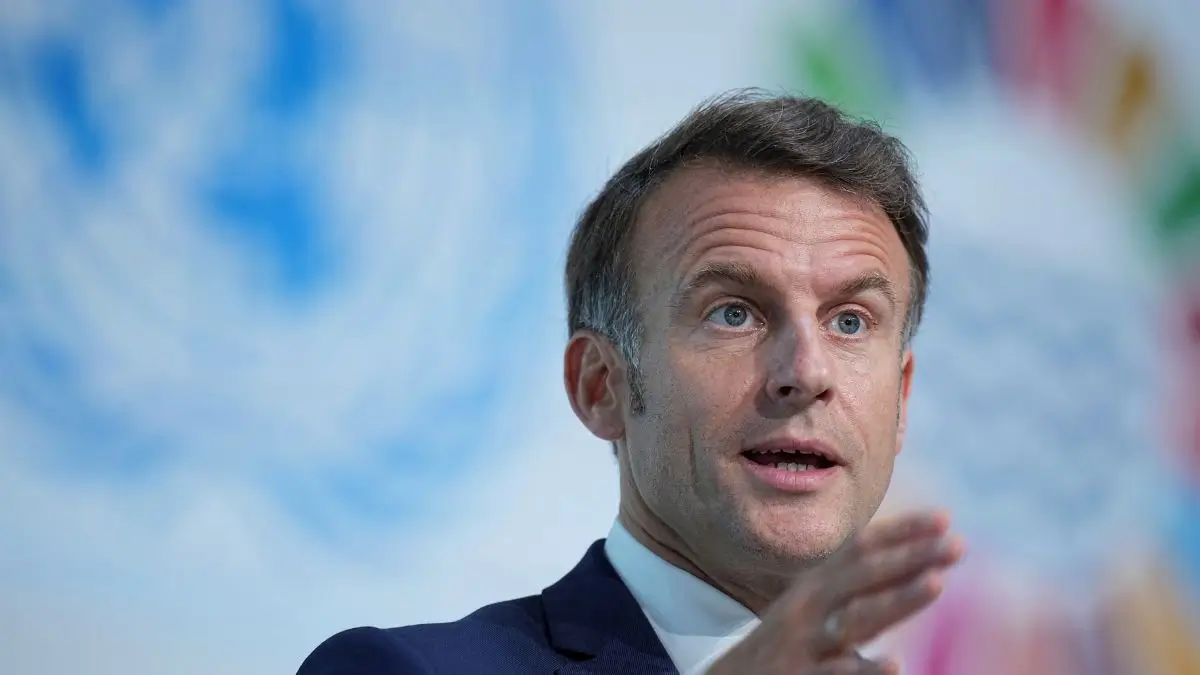World Polio Day 2024: A Global Call to Action
Introduction to World Polio Day
World Polio Day is observed annually on October 24 to raise awareness about the poliovirus, a contagious virus that primarily affects children and can lead to paralysis. Established by the Global Polio Eradication Initiative (GPEI), this day serves as a reminder of the importance of vaccination and the ongoing efforts to eradicate polio worldwide.
Significance of the Day
World Polio Day not only commemorates the progress made in the fight against polio but also emphasizes the challenges that remain. Since the GPEI was launched in 1988, polio cases have decreased by over 99%, but the disease has not been completely eradicated. This day brings together health organizations, governments, and communities to advocate for continued support for vaccination campaigns, ensuring that every child receives the necessary immunization.
Global Progress in Polio Eradication
As of 2024, polio remains endemic in only a few countries, with Afghanistan and Pakistan being the most notable. Vaccination campaigns have been implemented successfully in many regions, demonstrating the effectiveness of the oral polio vaccine (OPV). Community engagement and outreach have been crucial in addressing vaccine hesitancy and ensuring high immunization coverage. Various organizations, including WHO and UNICEF, continue to play pivotal roles in these campaigns, working towards a polio-free world.
Challenges in Eradication Efforts
Despite significant advancements, the fight against polio faces numerous challenges. Misinformation about vaccines, political instability in affected regions, and the COVID-19 pandemic’s impact on health services have all hindered progress. Addressing these challenges requires global collaboration, innovative strategies, and sustained commitment from all stakeholders involved in public health.
Conclusion: A Call to Action
World Polio Day serves as a crucial platform to reaffirm the global commitment to eradicating polio. As we celebrate the successes achieved so far, it is imperative to remind ourselves that the goal of a polio-free world is within reach. Continued investment in vaccination programs, education, and community involvement is essential to achieve this goal.

Why This News is Important
Importance of Vaccination
Polio is a vaccine-preventable disease, and World Polio Day highlights the necessity of widespread vaccination. Vaccines are the most effective means of preventing the spread of the poliovirus, protecting future generations from the debilitating effects of the disease.
Global Health Initiative
This day reinforces the global health initiative aimed at eradicating polio, showcasing the collaboration between nations and organizations to combat infectious diseases. It serves as a reminder that public health is a shared responsibility that transcends borders.
Awareness and Advocacy
World Polio Day also raises awareness about the ongoing polio eradication efforts and encourages advocacy for funding and support. Increased awareness can lead to greater public participation and commitment to vaccination campaigns, ultimately aiding in eradication efforts.
Economic Impact
The eradication of polio has significant economic implications. By eliminating polio, countries can save millions in healthcare costs associated with treating the disease. Moreover, it contributes to a healthier workforce, fostering economic development.
Historical Significance
This day commemorates the struggles and achievements of those involved in the fight against polio, recognizing the dedication of healthcare workers and communities that have tirelessly worked to eradicate the disease.
Historical Context
Early History of Polio
Polio, or poliomyelitis, has been known for centuries, with depictions of paralysis found in ancient Egyptian artifacts. The first major epidemic occurred in the late 19th century, leading to widespread fear and concern over the disease.
Vaccine Development
The development of the polio vaccine began in the 1950s, with Dr. Jonas Salk creating the first effective inactivated poliovirus vaccine (IPV) in 1955. This was followed by Albert Sabin’s oral polio vaccine (OPV) in the early 1960s, which became instrumental in vaccination campaigns worldwide.
Global Eradication Initiative
The GPEI was launched in 1988, aiming to eradicate polio globally. Since then, tremendous progress has been made, reducing polio cases by over 99%. However, the disease continues to pose a threat in certain areas, necessitating ongoing vigilance and effort.
Key Takeaways from World Polio Day 2024
| Serial Number | Key Takeaway |
|---|---|
| 1 | World Polio Day is observed on October 24 annually to raise awareness about polio. |
| 2 | Polio cases have decreased by over 99% since the GPEI was launched in 1988. |
| 3 | Vaccination campaigns are crucial for preventing polio and achieving eradication. |
| 4 | Challenges such as misinformation and political instability hinder eradication efforts. |
| 5 | Eradicating polio can save countries millions in healthcare costs and contribute to economic development. |
Important FAQs for Students from this News
1. What is World Polio Day?
World Polio Day is observed on October 24 every year to raise awareness about polio, promote vaccination efforts, and highlight the global initiative to eradicate the disease.
2. Why is polio vaccination important?
Polio vaccination is crucial because it prevents the spread of the poliovirus, protecting children from paralysis and potential death. Vaccines have been proven to effectively reduce polio cases globally.
3. Which countries are still polio-endemic?
As of 2024, polio remains endemic primarily in Afghanistan and Pakistan, where efforts continue to eliminate the disease through vaccination campaigns.
4. What are the challenges faced in eradicating polio?
Challenges include misinformation about vaccines, political instability in endemic regions, and the impact of the COVID-19 pandemic on health services and vaccination campaigns.
5. How can individuals contribute to polio eradication efforts?
Individuals can contribute by advocating for vaccinations, supporting global health initiatives, and educating their communities about the importance of immunization against polio.
Some Important Current Affairs Links

















